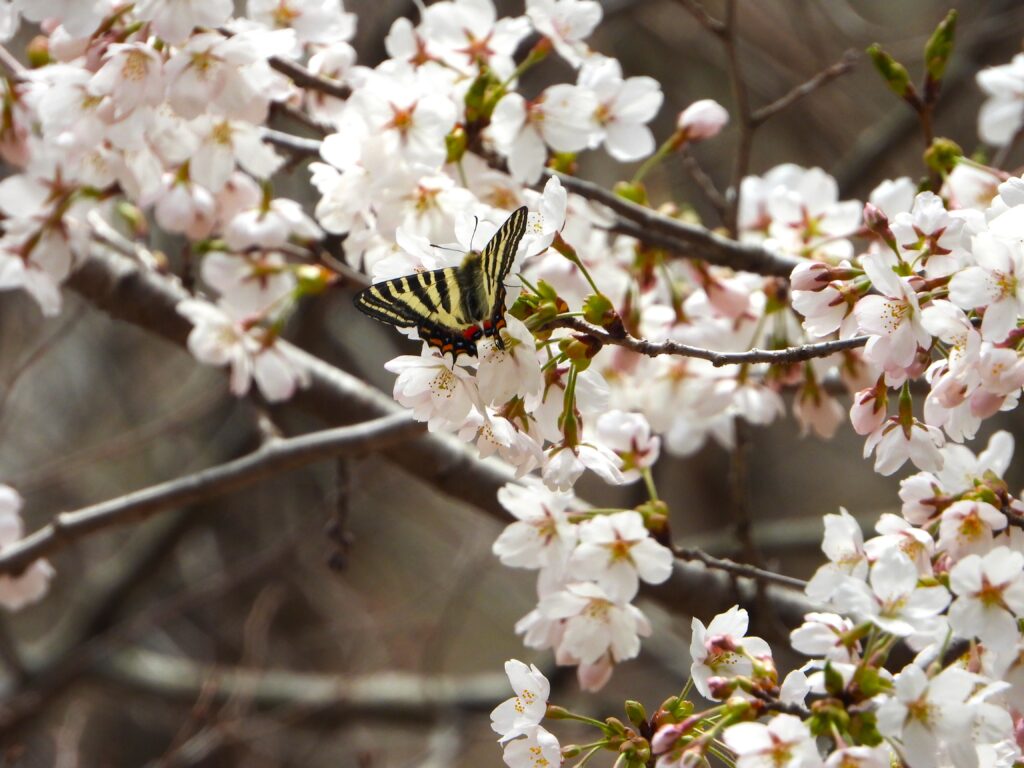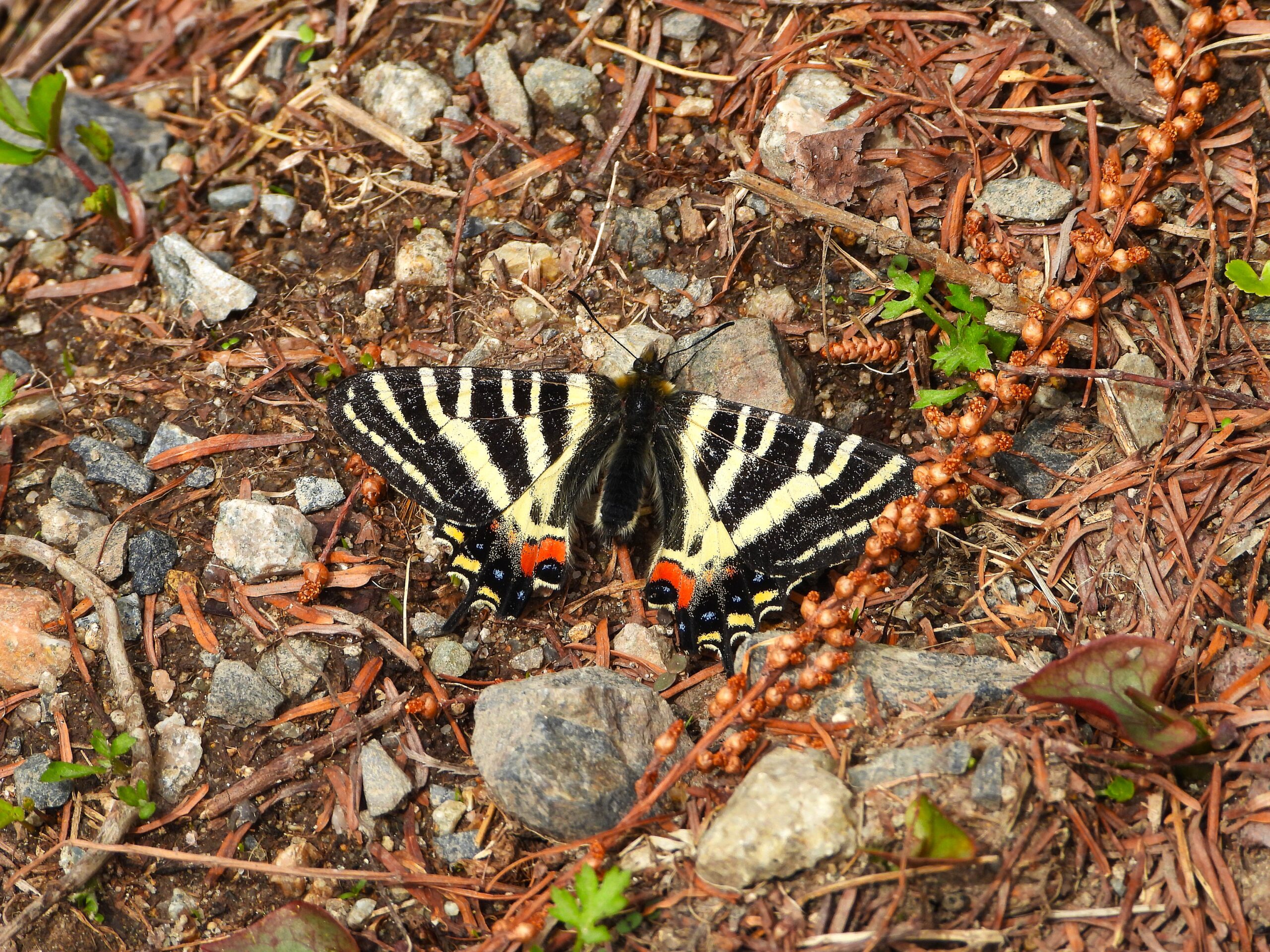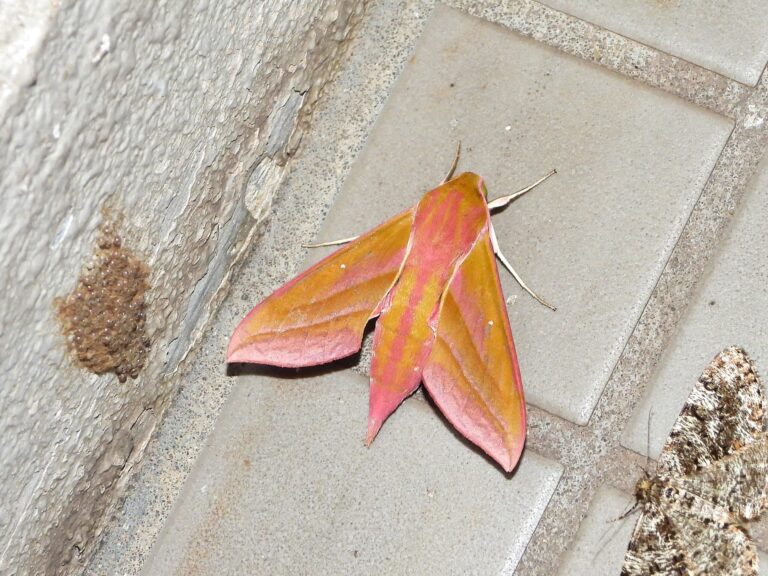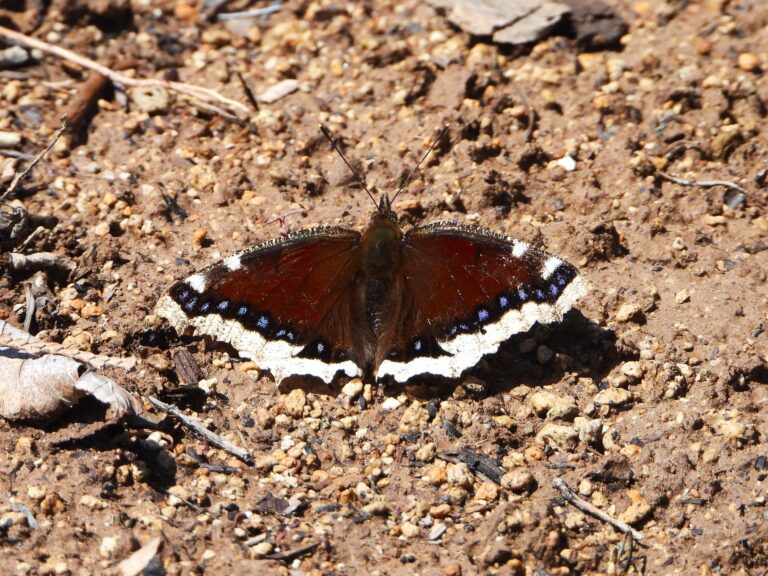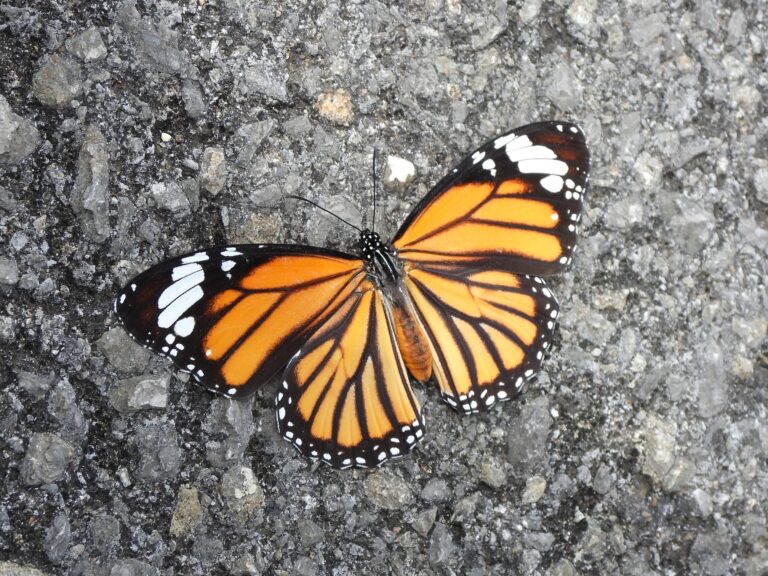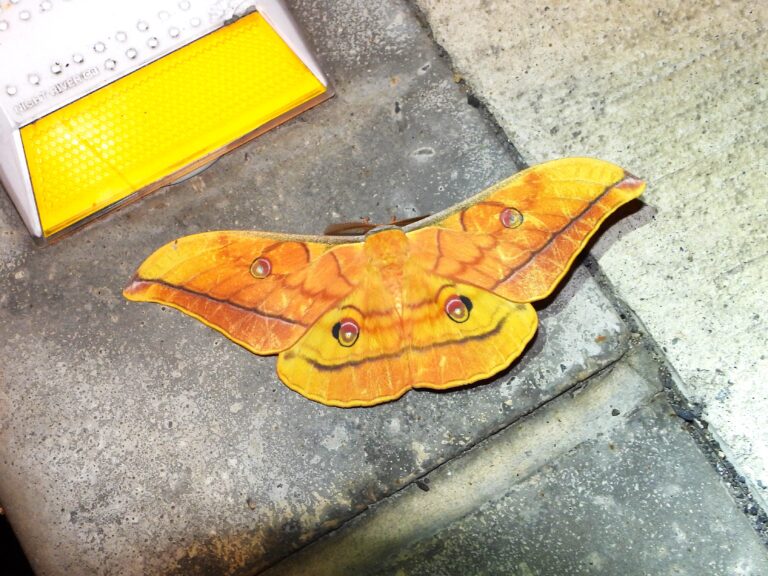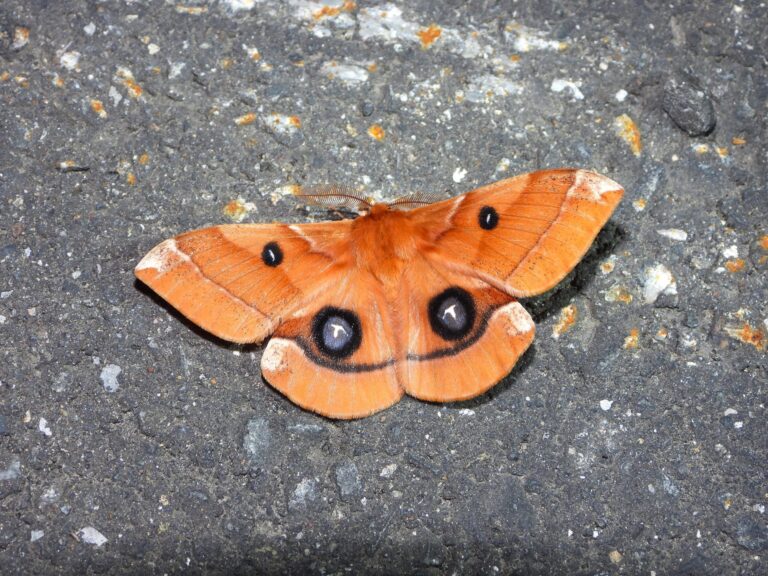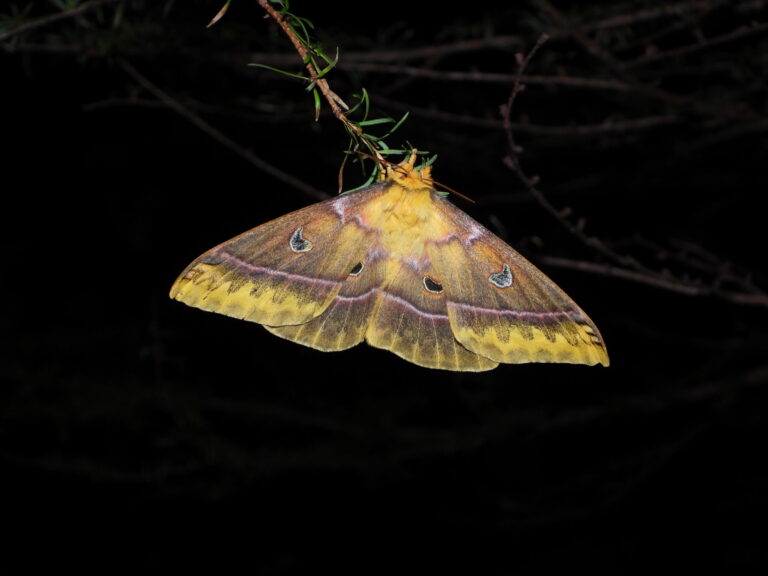Japanese Luehdorfia (Luehdorfia japonica) – Wildlife of Japan
Introduction
The Japanese Luehdorfia is an early-spring swallowtail found only in Japan, closely associated with traditional satoyama woodlands. Adults appear for a short time as the forests awaken and cherry trees begin to bloom.
Appearance
This medium-sized butterfly has creamy yellow wings with bold black stripes, short tails, and warm orange and blue markings near the hindwings. The vivid “spring tiger” pattern fades quickly because its flight season is brief.
Habitat & Distribution
Endemic to Honshu, it ranges from Akita in the north to Yamaguchi in the southwest, favoring light deciduous forests and forest edges in satoyama landscapes. Populations are patchy and depend on the presence of wild ginger plants (Asarum). It does not occur in Hokkaido, Shikoku, or Kyushu.
Behavior
Adults emerge once per year in early spring. Males patrol sunny trails and low ridges to find females, often basking to warm their wings. They fly close to the ground and visit flowers along forest paths.
Diet
Adults feed on early-blooming flowers such as cherry blossoms, dandelions, and violets. Caterpillars feed exclusively on wild ginger (Asarum), which grows on shaded forest floors, linking the species closely to intact woodland.
Reproduction
Females lay small clusters of eggs on Asarum leaves. The larvae feed in groups before dispersing, then pupate and overwinter. Adults emerge the following spring.
Conservation
The Japanese Luehdorfia is listed as Near Threatened (NT) on Japan’s national Red List due to habitat loss and over-collecting. Maintaining satoyama woodlands and protecting Asarum colonies are crucial for its survival.
Author’s Impression
Seeing the Japanese Luehdorfia flutter through sunlit woods marks the true beginning of spring. Its fleeting appearance makes every sighting feel like a rare privilege.
